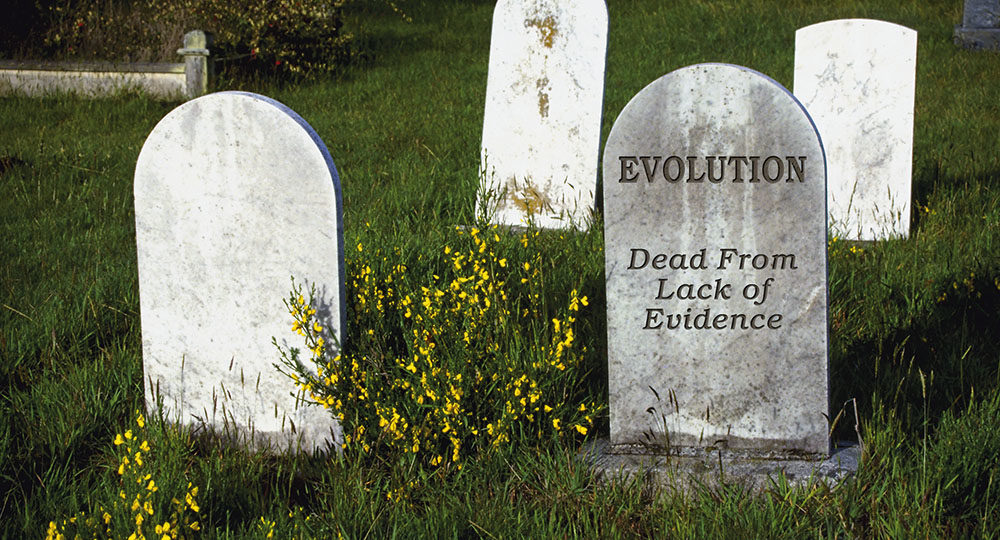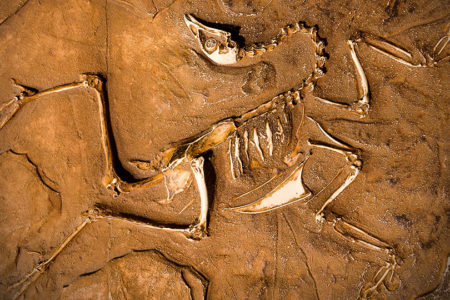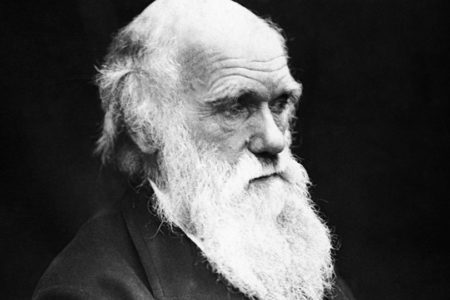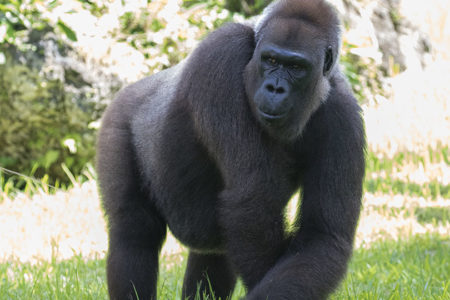What Darwin Did Not Know
We now know that if Darwin could have foreseen coming scientific developments, he would have had good reason to be concerned that his theory might one day be proved wrong.
In particular, Gregor Mendel had not yet established and published his work on the laws of heredity and genetics, which said that the characteristics of offspring are passed on from parents according to precise mathematical ratios and do not derive from chance random processes in what Darwin called “blending inheritance.”
James Joule, R. J. E. Clausius and Lord Kelvin were only just developing the concepts of thermodynamics, the first law of which states that energy can neither be created nor destroyed (so the present universe could not have created itself), and the second law of which says that the universe is proceeding in a downward degenerating direction of increasing disorganization (so things overall do not of themselves become more organized with time).
Louis Pasteur was just beginning his famous experiments, which
showed that life (even microbial life) comes from life, not from non-life.
The mathematical laws of probability, which show that the odds of life’s occurring by chance are effectively zero, had not yet been applied to the theory of evolution.
Molecular biology, with its revelation that the cell is so enormously complex that it could not possibly have been formed by chance, had not yet commenced.
The fossil record had not yet been investigated sufficiently for paleontologists to be able to say, as they now do, that chains of intermediate
“links” do not exist.
Any one of these concepts or laws, if known to Charles Darwin at the time he was writing his Origin (1856–59), would have been enough to torpedo his ideas; taken all together they kill the theory of evolution stone dead!
by Russell M. Grigg
Reproduced by permission from Creation magazine, www.AnswersInGenesis.org.







